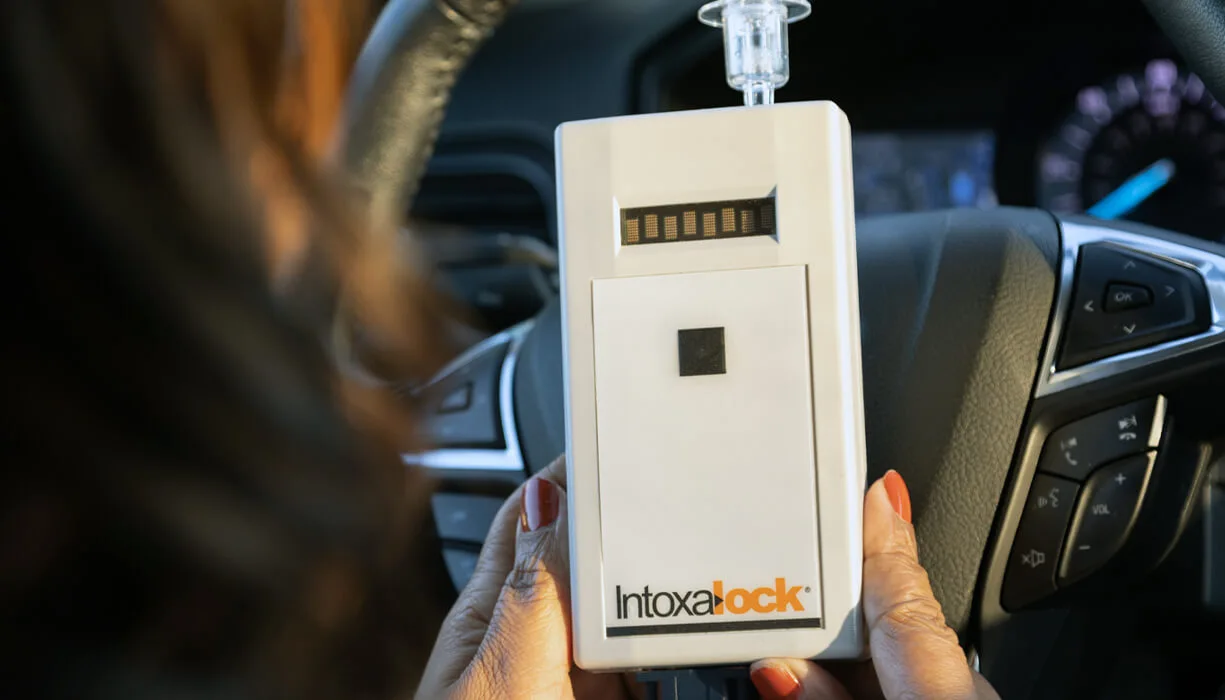
Intoxalock Blogs and Articles
Find valuable resources and insights on ignition interlock devices, DUI topics, legislative updates, and Intoxalock company news. Our team of State Specialists are dedicated to providing content to help you stay informed while you navigate the DUI journey.
Featured Articles

Call Us Anytime at
833-623-0300
Our state specialists are ready to answer your questions and get you through the process, one step at a time.
Our state specialists are ready to answer your questions and get you through the process, one step at a time.




